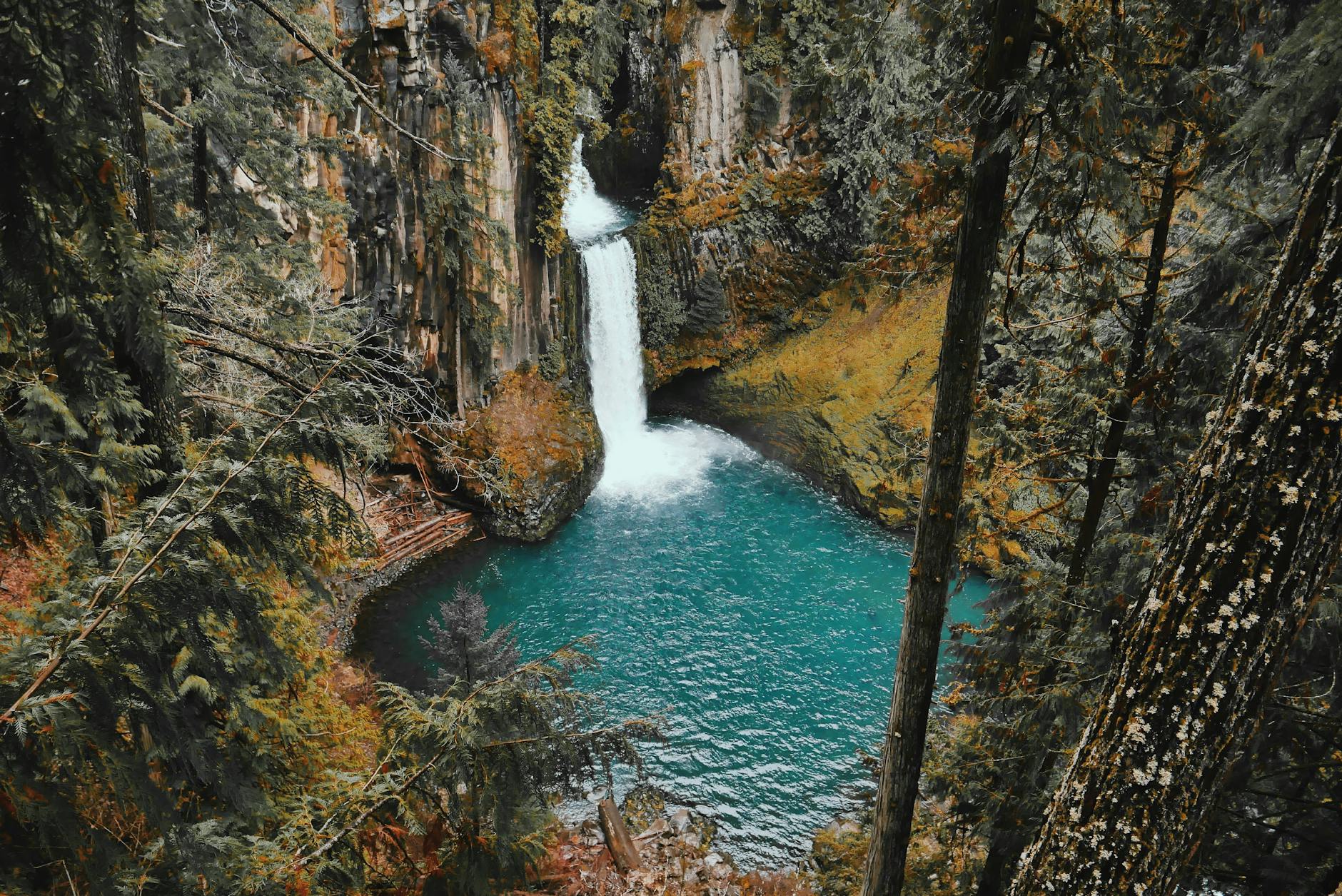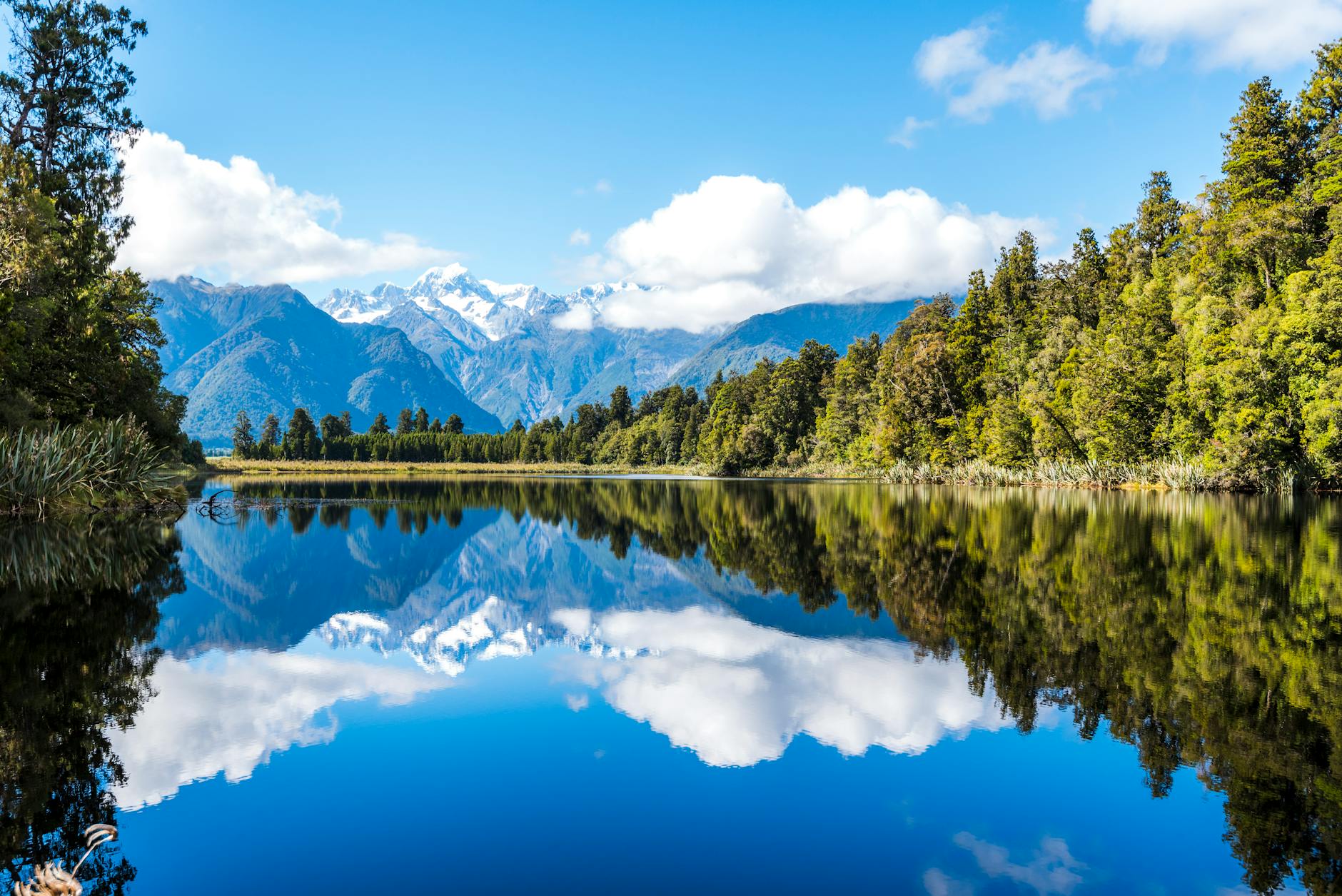How to Experience Australia's Marine Wonders Through Ecotours

Planning Your Ecotour
Research Marine Destinations
Setting sail on a physical and intellectual journey, I often find myself drawn to captivating marine ecosystems. Places like a Galapagos cruise offer a living classroom of marine biodiversity, where one can observe unique species in their natural habitats. The allure of Cuba travel also beckons with its vibrant coral reefs teeming with a plethora of marine life.
Researching destinations involves more than just picking a spot on the map; it requires considering the ecological significance and the conservation efforts associated with the area. I often reflect on insights from institutions like the Sydney Aquarium, which actively engages in conservation programs. Understanding the impact of such campaigns helps me assess whether a location aligns with my values of protecting marine environments.
When considering destinations, I explore the following:
- Biodiversity: Assess what marine species and ecosystems are present.
- Conservation Status: Determine if there are active conservation programs in place.
- Educational Value: Evaluate opportunities to learn and contribute to marine science.
In these ecosystems, the intertwining of education and exploration fuels my ambition to experience diverse marine environments. Witnessing the successful conservation initiatives near Sydney Harbour and the informative exhibits at the Australian Museum inspires me to explore and extend my conservation efforts worldwide.
Australian Marine Biodiversity
Great Barrier Reef Species
As a marine biologist fascinated by the depths of Australia's waters, I find the Great Barrier Reef to be a source of unparalleled biodiversity. From the vivid parrotfish flaunting their vibrant colours to the majestic green sea turtles, each species plays a crucial role in this intricate underwater ecosystem. A visit to the Sydney Aquarium revealed the coral polyps' fascinating behaviour, serving as the reef's architects. Understanding these marine species’ composition and interaction helps conservationists devise effective protection strategies. Whether it's for research or leisure, South America tours cater to enthusiasts looking to explore marine biodiversity beyond Australia.
Unique Marine Habitats
Australia offers a plethora of unique marine habitats that span beyond the renowned Great Barrier Reef. Take, for instance, the kelp forests off Tasmania’s coast, providing shelter and sustenance to myriad species. These underwater forests are the subject of many educational exhibits at the Australian Museum, illustrating their critical ecological role. Mangroves near Sydney Harbour also offer vital breeding grounds for countless marine creatures, drawing parallels to the engaging Machu Picchu tours in terms of exploration and discovery.
Endangered Marine Life
A sobering yet essential aspect of my work involves studying endangered marine species. The dugong, often found in Australian waters, faces threats from habitat loss and climate change. These challenges echo the conservation efforts I've seen elucidated in Sydney Aquarium’s programs, fostering awareness and proactive measures. Protecting marine biodiversity is not just about preserving a species but maintaining the health and resilience of entire ecosystems.
Sustainable Travel Practices
Eco-Friendly Packing Tips
Embarking on a marine expedition requires thoughtful planning, especially when it comes to packing. As a marine biologist passionate about conservation, I often recommend prioritising reusable items like water bottles and eco-friendly toiletries. Not only do these choices minimize waste, but they also align with sustainable travel values. Additionally, consider packing clothing made from natural fibers. These materials are not only durable but have a reduced environmental impact compared to synthetic alternatives. Every item you pack can be a step towards more sustainable practices in areas as sensitive as the Galapagos Islands.
Low-Impact Diving and Snorkeling
Diving and snorkeling allow us to marvel at the hidden wonders beneath the waves, but they also require us to be conscientious of our impact on these fragile ecosystems. Techniques such as maintaining buoyancy and avoiding reef contact are paramount to protecting marine habitats. As Sydney's Aquarium emphasises through its conservation programs, our goal should be to observe without disturbing. By adopting low-impact practices, we not only safeguard these environments for future generations but also enrich our own experiences.
Support Local Conservation Efforts
Supporting local conservation efforts is crucial in preserving marine biodiversity. When choosing to participate in Galapagos Island tours, look for guides that contribute to local initiatives. Many tours invest part of their proceeds back into the community for marine conservation projects. Engaging with these tours ensures support for vital efforts to protect these unique ecosystems.
Through these sustainable practices, we contribute to the conservation of our precious marine environments.
Enhancing Your Experience
Join Guided Scientific Expeditions
Participating in guided scientific expeditions can transform an observational experience into an active contribution to marine research. This is perfect for those who, like me, yearn to experience the untouched beauty and vulnerability of the poles on Arctic cruises. Not only do these expeditions provide a closer look at marine biodiversity, but they also enhance your understanding of the interconnectedness within these ecosystems. It's a bit like visiting the educational exhibits at the Australian Museum, where each display unfolds stories of majestic marine life, yet now the ocean itself is your museum.
Engage with Local Marine Experts
Interacting with local marine experts enriches your perspective, allowing you to grasp the finer details of marine conservation directly from those who dedicate their lives to protecting it. In regions like the Arctic, engaging with researchers offers firsthand insights that echo the conservation programs at Sydney Aquarium. These experts often illuminate the intricate balance of life in harsh environments, helping enthusiasts like you refine your own conservation approaches.
Document Your Discoveries
Documenting your discoveries—in the form of notes, photographs, or sketches—serves as a valuable tool for future research and storytelling. It enables you to capture the dynamic essence of the ocean, much like the marine sanctuaries near Sydney Harbour that draw countless researchers for study and observation. Engaging in this practice not only enriches your understanding but also aids in educating others about these ecosystems' fragile beauty.
Avoiding Common Mistakes
Respect Conservation Guidelines
Oftentimes, visitors to marine environments might underestimate the importance of adhering to conservation guidelines. As a marine biologist in Sydney, I've witnessed firsthand the damage that can occur when these guidelines are disregarded. It's crucial to understand the regulations set by marine sanctuaries near Sydney Harbour and other protected areas. Always remember, these rules exist to safeguard delicate marine ecosystems and ensure future generations can enjoy them. The Australian Museum provides valuable resources on sustainable practices, which can serve as an excellent starting point for any ecotourist.
Heed Local Regulations
Another pitfall is overlooking local regulations, which are in place to protect both visitors and marine life. While exploring, whether through diving or snorkeling, ensure you are acquainted with the do's and don'ts of the region. This includes designated swimming zones and permitted times for oceanic adventures. The Sydney Aquarium, through its conservation programs, offers insightful guidance that illustrates the balance needed between recreational activities and marine preservation.
Minimise Impact on Marine Life
Lastly, disrupting marine life is a common mistake that can have long-lasting impacts on habitats. When visiting areas rich in biodiversity like the Great Barrier Reef, embrace the role of a respectful observer. Avoid touching coral reefs or feeding marine animals with human food, as this can alter natural behaviours and harm ecosystems. With the right knowledge and intent, each exploration can turn into a story of preservation rather than disturbance. Remember, it's not just about what we take home in experiences; it's about what we leave behind – the health of our vibrant oceans.


